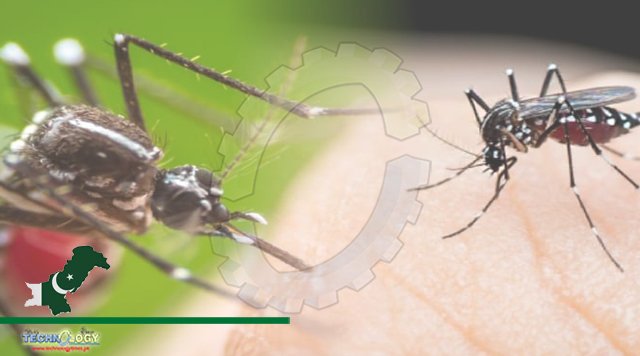For the rehabilitation of those with traumatic spinal cord injuries, the meeting decided to open paraplegic centres in five cities.

The Cabinet Committee on Dengue Control gave the authorities an order to enhance the system for monitoring and reporting dengue on Monday.
The decision to enhance the system for monitoring and reporting dengue was made at a committee meeting that was attended by the chief secretary of Punjab, the additional chief secretary, and secretaries from various departments, as well as the provincial ministers Dr. Jamal Nasir, Dr. Javed Akram, Azfar Ali, and Mansoor Qadir. Through a video link, every deputy commissioner and divisional commissioner took part.
For the rehabilitation of those with traumatic spinal cord injuries, the meeting decided to open the paraplegic centres in five cities.
According to Dr. Jamal Nasir, an efficient system should be developed in place of conventional methods to control dengue, and the hospitals’ current resources should be put to use in anti-dengue initiatives. He gave the order to pay extra attention to eradicating dengue larvae in the parks and other open areas.
According to Dr. Javed Akram, in order to completely eradicate dengue, research must be conducted and public awareness must be raised through community mobilisation.
The chief secretary gave the officers orders to ensure that the dengue guidelines are followed after reassigning the departments’ duties for dengue control. He advised that the district-level dengue emergency response committee meetings be held frequently.
The deputy commissioners received directives from the chief secretary regarding smog prevention. He advised taking extra precautions to avoid air pollution at construction sites. Only kilns with zigzag technology would be permitted to operate, he added.
At the meeting, Secretary of Primary Health Ali Jan provided a thorough introduction. This year, 60 dengue cases have been confirmed, according to him. The paraplegic centres, according to him, would be built in Lahore, Multan, Wah Cantt, Taunsa, and Faisalabad.
A viral infection called dengue (break-bone fever) is transmitted from mosquitoes to humans. In tropical and subtropical climates, it occurs more frequently. The majority of dengue patients experience no symptoms.